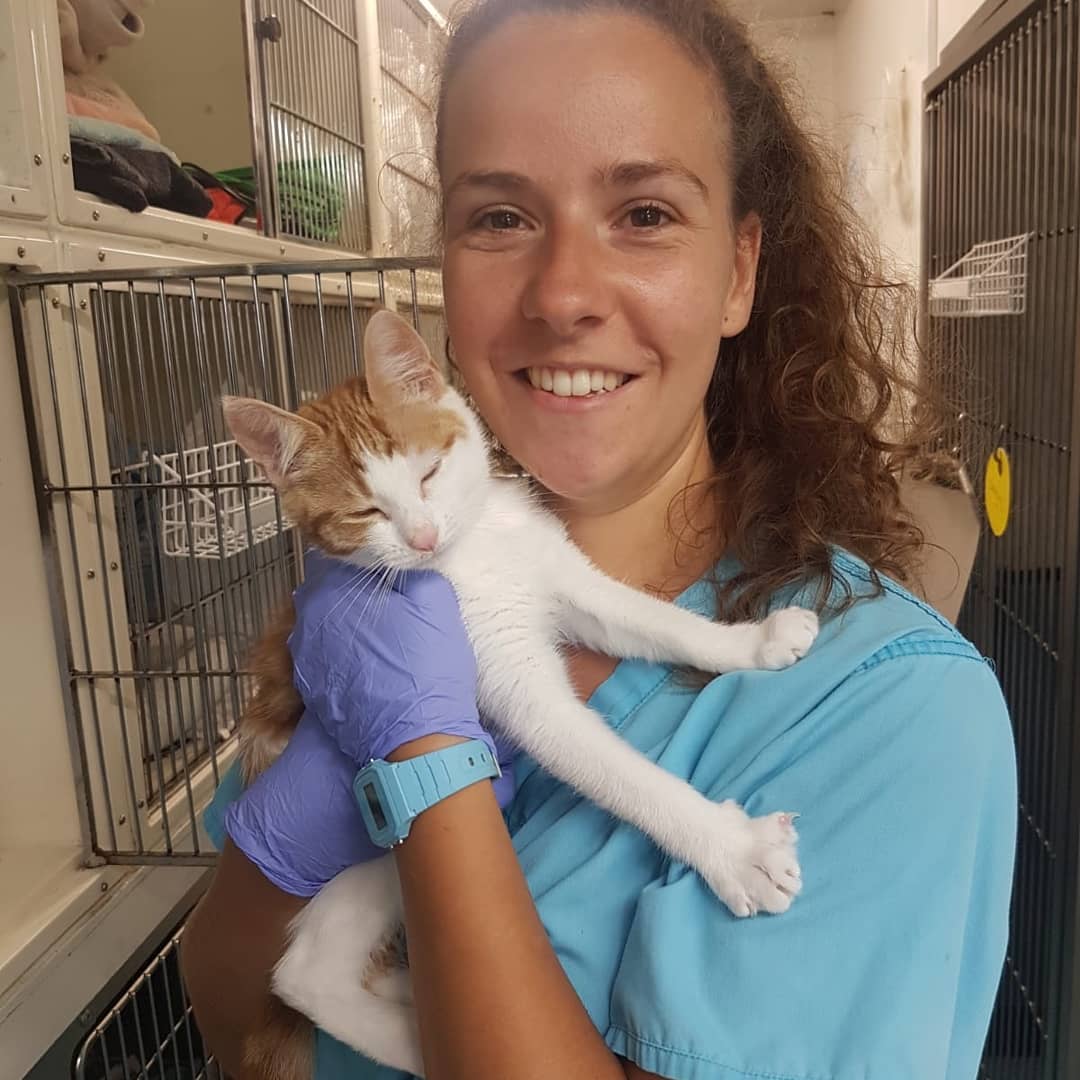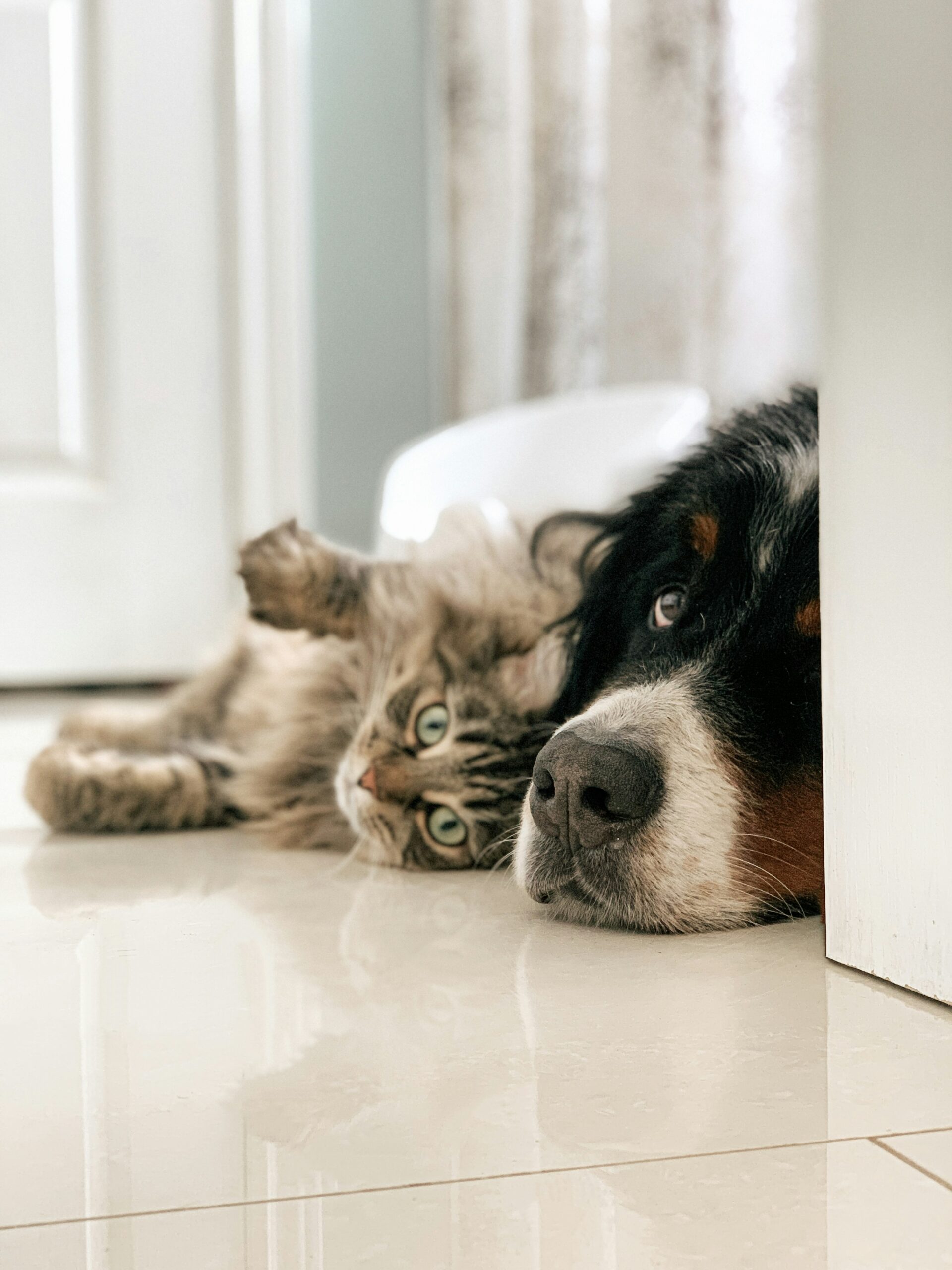The Healing Power of Our Furry Friends
Whether it’s a wagging tail greeting you at the door or the gentle purr of a cat curled up beside you, there’s no denying the comforting presence of a pet. But did you know that your four-legged (or feathered, or finned!) companion is doing more than just keeping you company?
Science — and personal experience — agree: pets are powerful allies in supporting mental health. Here’s how.
Reducing Stress and Anxiety
Spending time with animals has been shown to lower cortisol, the body’s main stress hormone, and increase levels of serotonin and dopamine, the feel-good chemicals. Simply petting a dog or watching fish swim can bring a sense of calm, slowing your heart rate and easing your mind.
In fact, therapy animals are now a common feature in schools, hospitals, and care homes — and for good reason.
Boosting Mood and Combating Loneliness
Pets provide unconditional love and companionship — which is especially important during times of stress, grief, or isolation. For those living alone or working remotely, a pet can help fill the emotional gap, offering routine, interaction, and even a few laughs along the way (who hasn’t cracked up at their dog chasing its tail or a cat’s dramatic yawn?).
Their presence reminds us we’re not alone — and that connection can be incredibly healing.
Encouraging Routine and Responsibility
When you’re struggling mentally, even basic daily tasks can feel overwhelming. Pets gently nudge you back into routine. Feeding them, walking them, cleaning up after them — these acts of care create structure and purpose, which can be grounding and motivating.
And for people battling depression or burnout, having a reason to get out of bed (hello, morning walkies!) can make all the difference.
Promoting Physical Activity
Dogs especially are great motivators for movement. Regular walks not only improve physical health but also boost mental well-being. Exercise releases endorphins and provides a change of scenery — which can lift your spirits and clear your mind.
Even small actions, like playing fetch or grooming your pet, help keep you active and engaged.
Creating Social Connections
Pets are natural icebreakers. Whether at the park, pet shop, or veterinary hospital, they often spark conversations and connections that you might not have otherwise made. For people with social anxiety or those who struggle to make friends, pets can be a bridge to the outside world.
There’s also a growing community of pet lovers online, where people share stories, advice, and adorable photos — creating a sense of belonging and shared experience.
Offering Emotional Support During Tough Times
Pets have an amazing ability to sense our emotions. They’re there through heartbreaks, job losses, bad days, and sleepless nights — offering quiet, non-judgmental comfort. For many, they’re not just pets — they’re emotional support systems.
It’s no surprise that emotional support animals (ESAs) are now widely recognized for helping individuals cope with anxiety, PTSD, depression, and more.
The Power of the Paw
While pets aren’t a replacement for professional mental health support, they’re an incredibly valuable complement to it. They bring joy, comfort, purpose, and love — in ways that sometimes, only an animal can.
So the next time your dog curls up at your feet, or your cat purrs beside you, know this: they’re doing more than being cute — they’re helping you heal.
Thinking of getting a pet?
Make sure it’s the right time and fit for your lifestyle. Animals deserve a loving, stable home — just like we do. If you’re ready, adopting from a local rescue center can be a life-changing decision (for both of you).
If you love pets as much as we do, follow Clever Animal Marketing for more inspiring stories and pet-focused insights.




